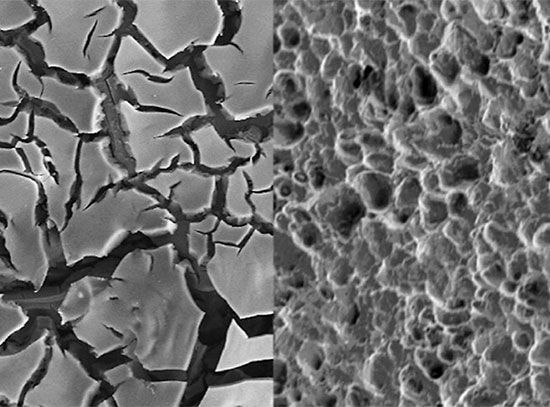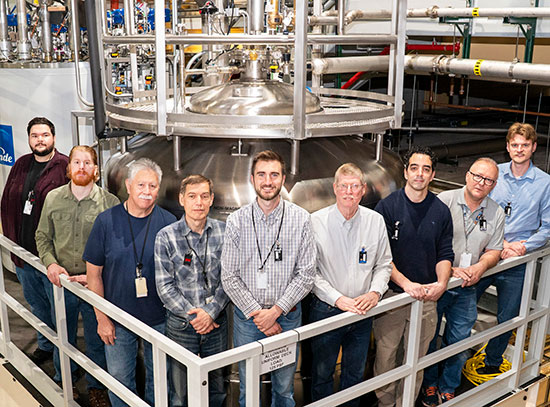Safety Update
improvements to CFN safety
April 3, 2017

Wai-Lin Ng
Good Housekeeping Practices
In order to maintain a clean and safe workspace during your stay, we have established guidelines for housekeeping in the offices and cubicles. Please review and understand these guidelines, which are posted in the assigned spaces. Please be sure that your experimental samples are kept in closed containers or boxes, labeled with their content, your name, and the date. Arrange with your CFN point of contact to keep these materials in the lab or a locker. All chemicals and samples must be properly disposed or returned to your home institution at the end of your experiments.
We would like to accommodate all users with a cubicle when they are actively working at the CFN. Please contact the CFN User Office to request a cubicle prior to each cycle and to check out at the end of the cycle. Remember to remove personal items from the cubicles upon checkout.
Reduce the Risk of Tick Bites
Ticks thrive in Long Island’s climate and terrain. Diseases such as Lyme are transmitted through tick bites. Your risk of tick bites is greater from March through November, as this time period is when ticks are most active and when we spend the most time outdoors. Avoid overgrown and wooded areas, wear light-colored clothing, and periodically check for ticks on your body. If you experience symptoms following a tick bite, go see your doctor. More information on Lyme and tick-borne diseases can be found in this article.
Electrical Equipment Safety
All electrical equipment purchased or brought on site must be labeled with an Underwriters Laboratories (UL) listing or approved by one of the Nationally Recognized Testing Laboratories (NRTL). This requirement is to ensure that the equipment has been tested and certified for use in the workplace. If there is no approved label, please contact me so I can arrange for an electrical inspection to be done on site.
Your attention to what can go wrong and your engagement with CFN staff are essential to maintaining safe operations. Every experiment, event, or project provides opportunities to improve safety, so I encourage your feedback.
— Wai-Lin Ng
ES&H Coordinator
2017-12173 | INT/EXT | Newsroom









